This promotional on-demand resource centre has been developed, organised and funded by Lilly in conjunction with the Abracadabra Programme Planning Committee. Lilly Products will be discussed in these videos, and prescribing information is available below. Lilly is a registered trademark of Eli Lilly and Company. © 2025 Eli Lilly and Company. All rights reserved.
These videos are broadcast in association with Diabetes on the net, the Journal of Diabetes Nursing, Pharmacy Notebook and Practice Nurse. The media partners have had no input into the content of this activity.
Adverse event reporting information is available at the bottom of the page.



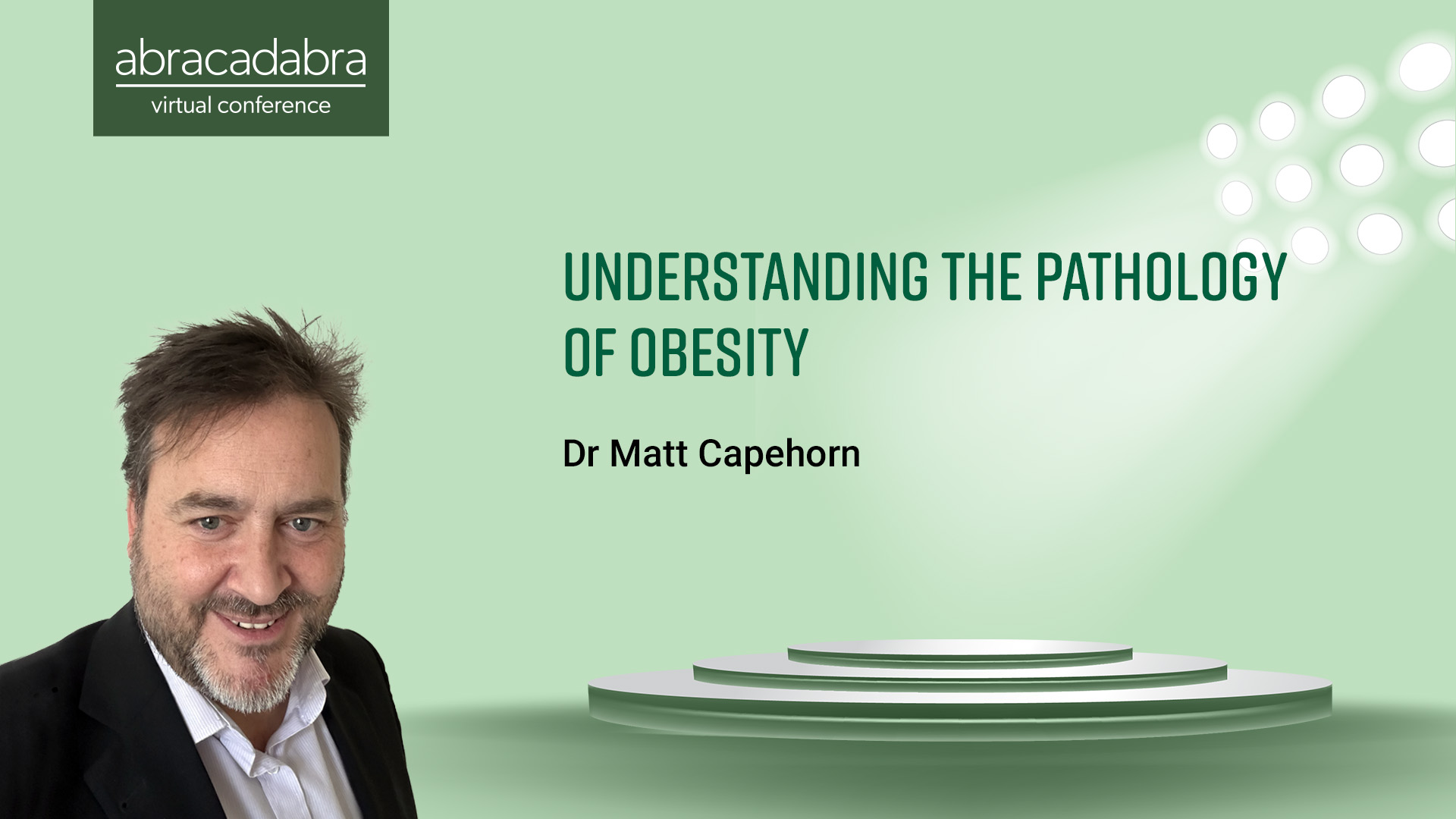
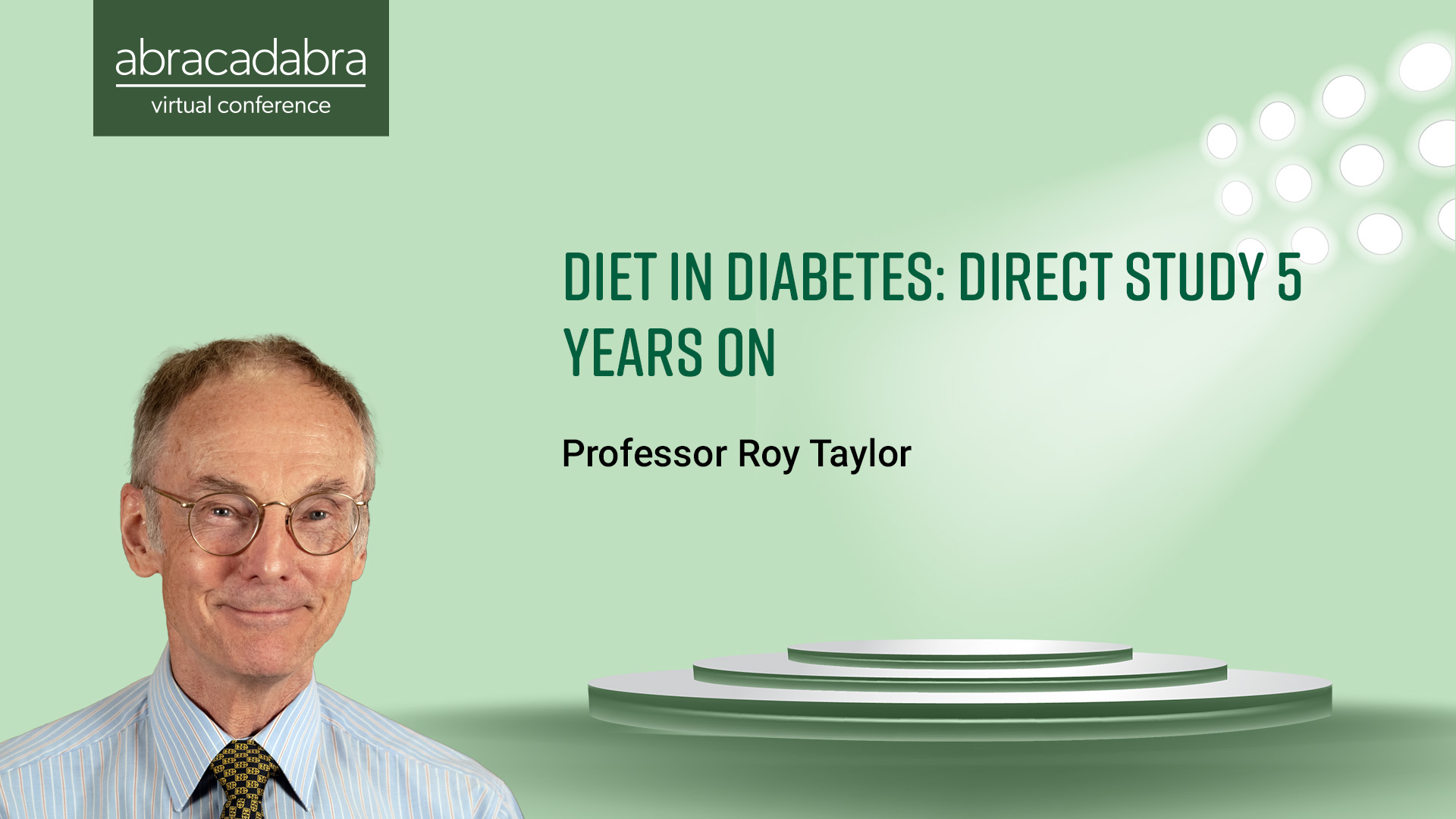
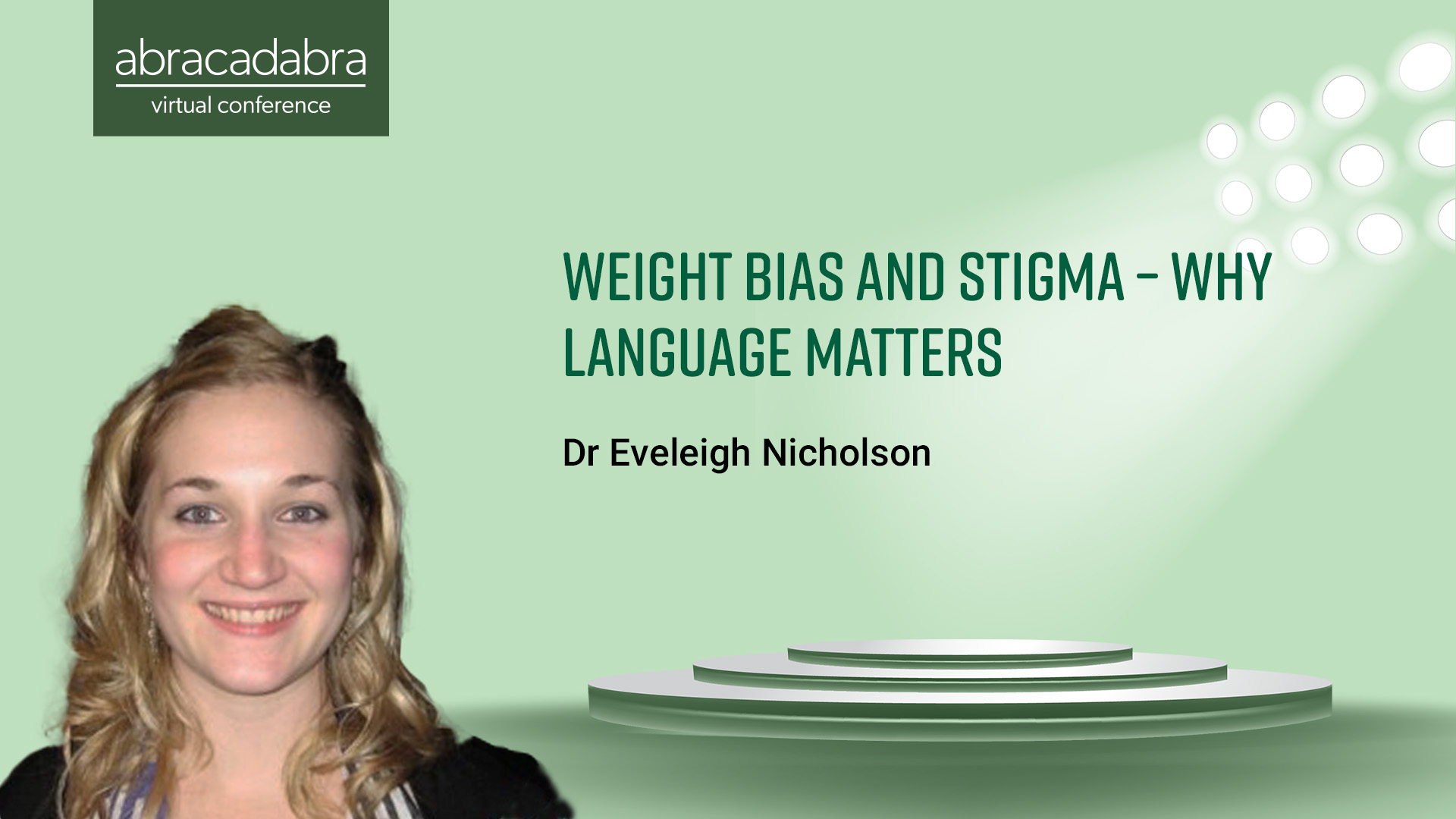
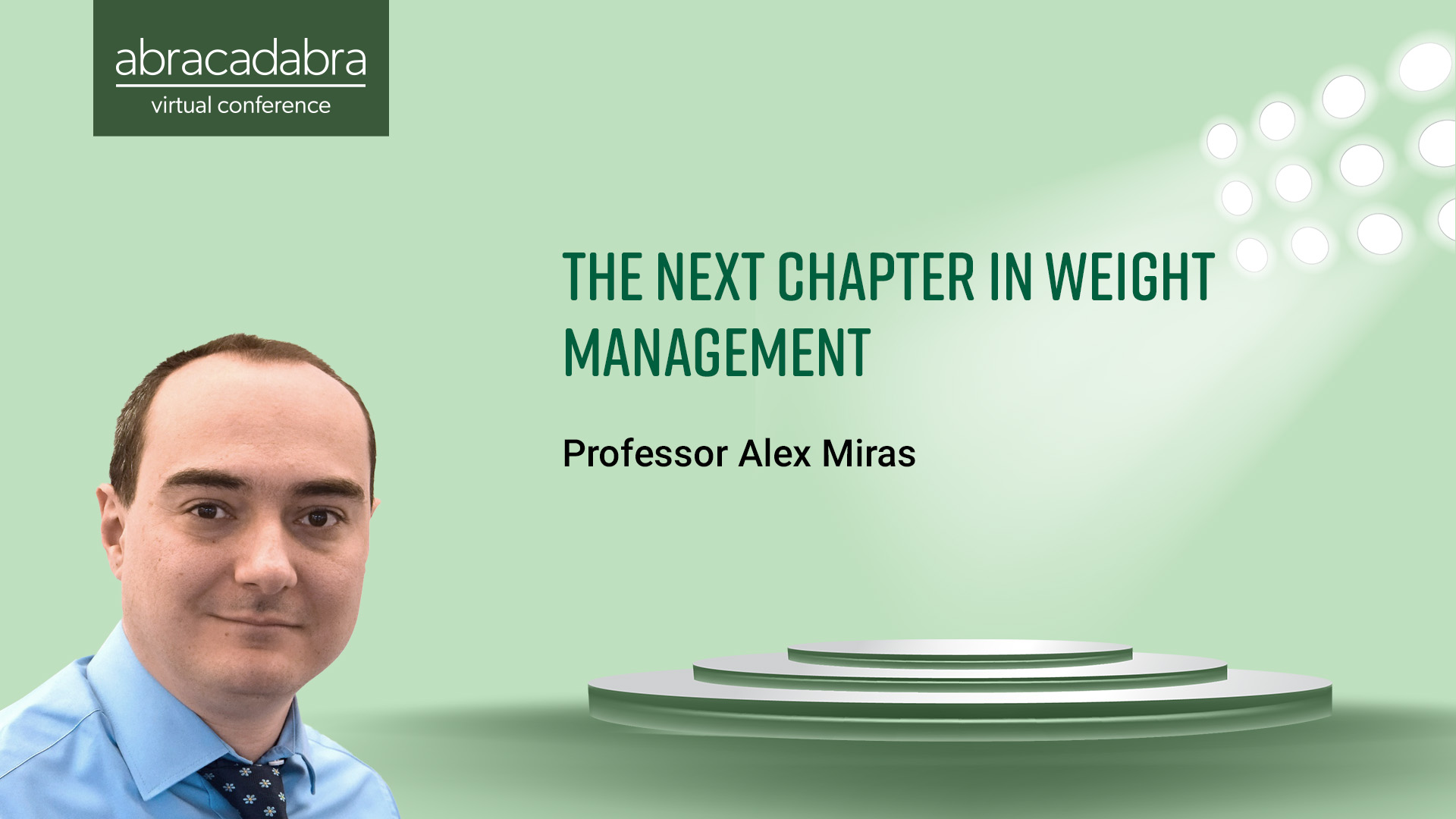
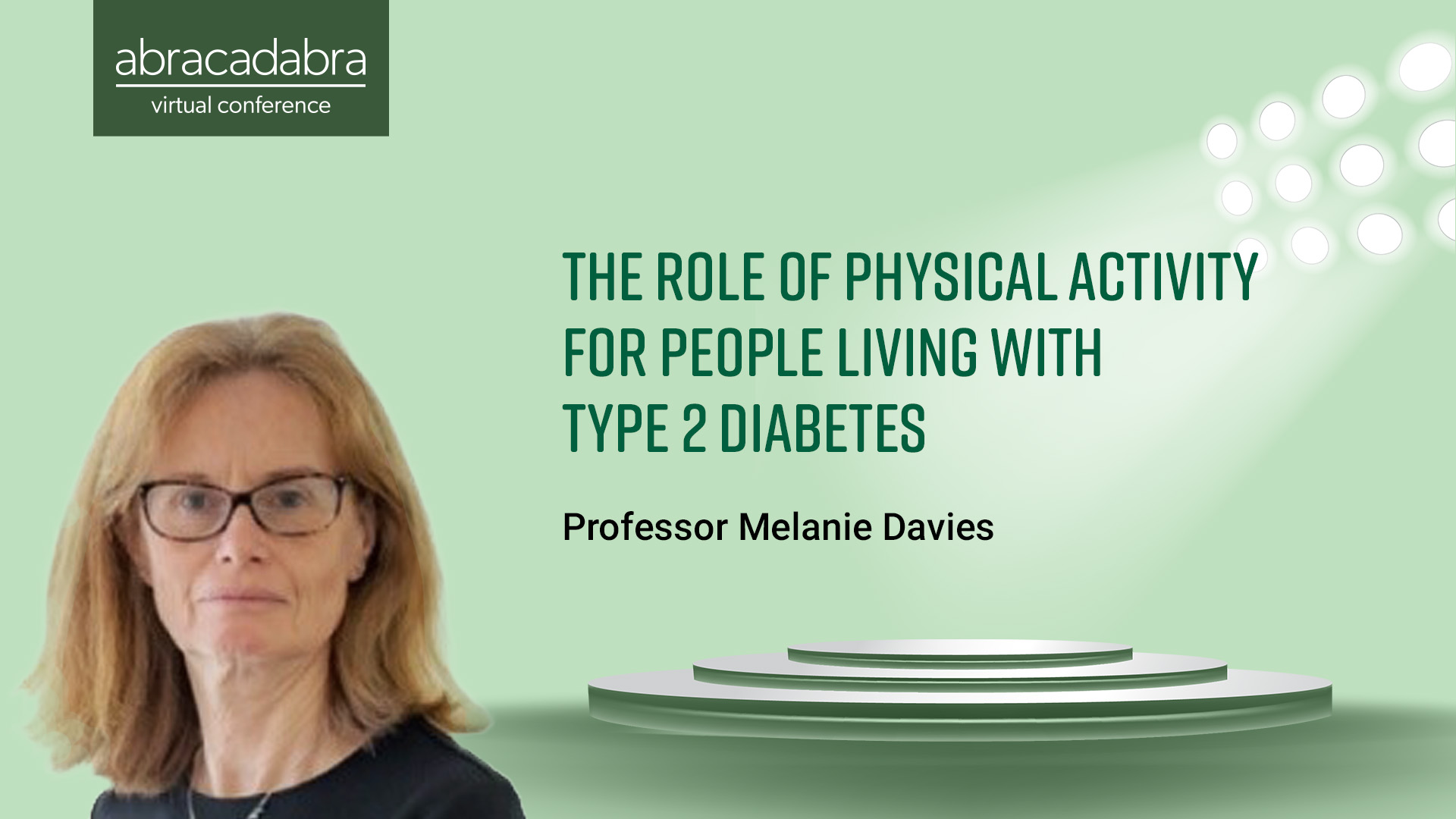
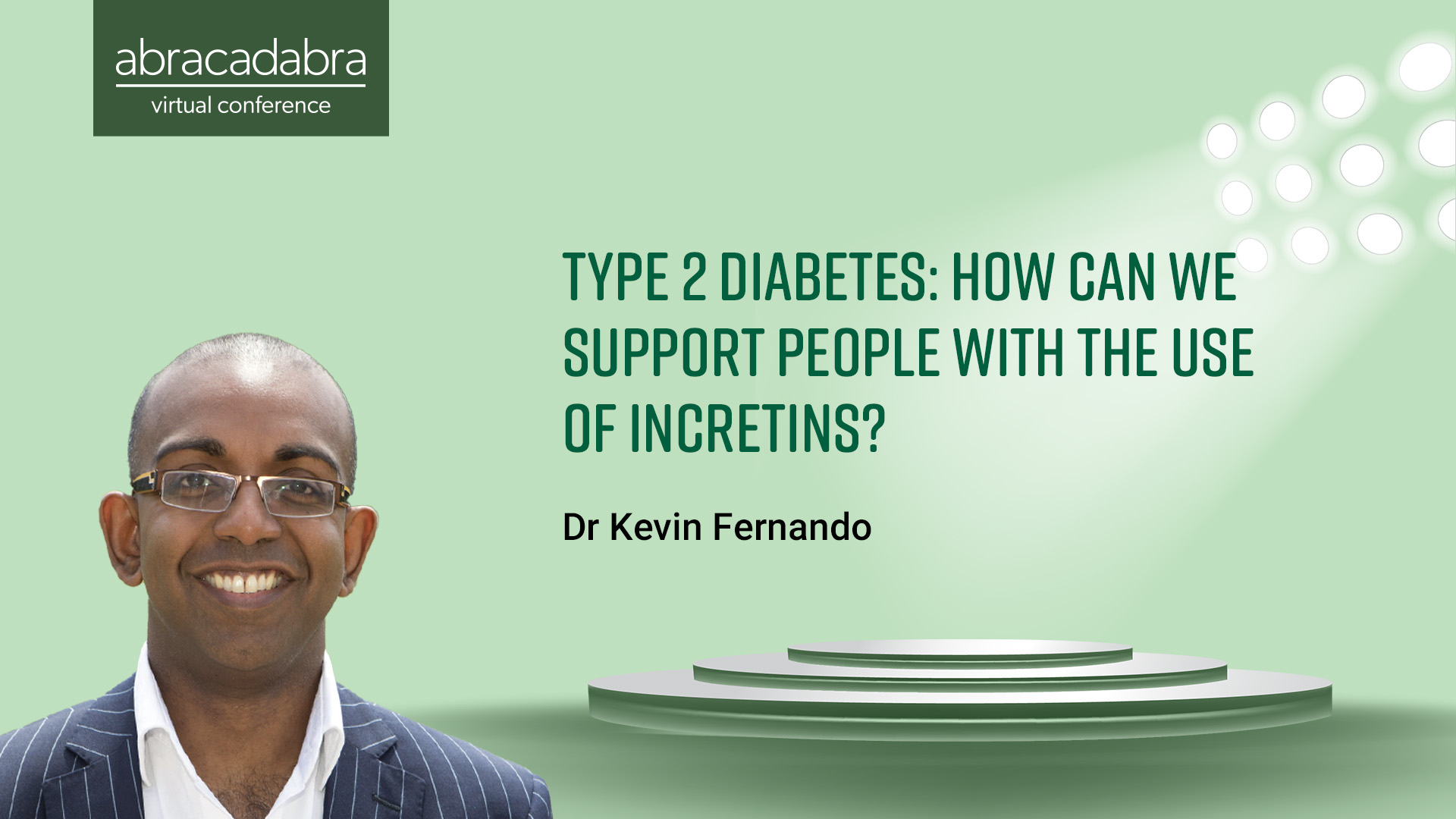

Jane Diggle qualified with a BSc (Hons) in Nursing in 1990 (Leeds) and has over 20 years’ experience working as a practice nurse. Over the past three years, she has specialised solely in diabetes but still within a general practice setting. She is an independent prescriber and has gained MSc modules in Insulin Management and New & Advanced Therapies from Leicester University. She is the former Co-Vice-Chair of the Primary Care Diabetes Society in 2016 and has been part of the committee since 2010. She is the Editor-in-Chief for Diabetes and Primary Care Journal and regularly publishes articles on practical aspects of diabetes care. Additionally, Jane regularly speaks at national conferences on various aspects of diabetes management.
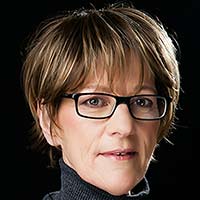
Su Down is a Nurse Consultant in Diabetes and is the Clinical Lead for the Intermediate Diabetes Community Service in Somerset. Nationally, she is the Editor-in-Chief of the Journal of Diabetes Nursing and a committee member of the Primary Care Diabetes Society (PCDS). Former national roles have included being a TREND (Training Research and Education for Nurses in Diabetes) associate, board member of FIT (Forum for Injection Technique), committee member of the Health Care Professionals Council of Diabetes UK, and Co-Vice-Chair of PCDS.
The constant challenge of ensuring that an equitable service is delivered to the ever-growing population of Somerset is one that Su finds highly rewarding. Furthermore, she has relished being able to have an influence on both national and international projects.
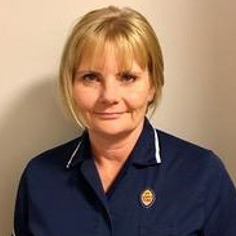
Nicola Milne qualified as a Registered General Nurse and Midwife in 1998 and 1991, respectively, prior to moving into primary care in 2002, where she worked as a Practice Nurse for sixteen years until April 2018. Whilst retaining a generalist role, Nicola had a special interest in diabetes, with a key focus on ensuring effective accessible care. She moved to establish the Community Diabetes Education and Support Team within central Manchester – a finalist in the Diabetes Quality in Care Awards in 2022.
As a co-author of the document ‘Best Practice Diabetes Care within the Primary Care Network’, Nicola worked to put the evidence from the document into practice as the DiaST (Diabetes Support Team) Lead across a primary care network in south Manchester from 2022–2024. Nicola continues to work in primary care and is also the Diabetes Specialist Nurse Lead for the Greater Manchester and East Cheshire Strategic Clinical Network.
Nicola has presented abstracts at multiple conferences and has become increasingly involved in the education of healthcare professionals. She has published works in chronic kidney disease and diabetes and continues to be involved in projects focusing upon various aspects of diabetes management.
Nicola has previously served as Chair of the Diabetes UK Professional Conference Organising Committee for Liverpool and was a member of the NICE Diabetes Guidelines suite 2019–2020. She is also a Diabetes UK Clinical Champion and is honoured with the title of Queen’s Nurse. Currently, she is joint Co-Vice Chair of the Primary Care Diabetes Society, an editorial board member of the Journal of Diabetes and Primary Care and the Journal of Diabetes Nursing, a member of the Diabetes UK Research Study Group for diabetes-related complications, member of the Diabetes UK Healthcare Professional Advisory Committee and a course tutor for i-Heed for the diabetes diploma modules.
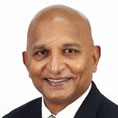
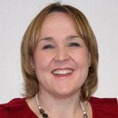
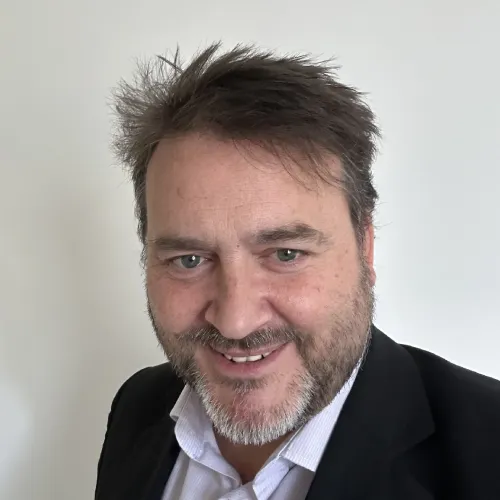


Kevin Fernando is a portfolio GP (NHS & private) near Edinburgh. He is also Content Advisor for WebMD Medscape Global and UK, and Honorary Clinical Reader at the University of Dundee. He is cofounder of CVRMUK which aims to empower healthcare professional (HCPs) to take a person-centred approach to managing cardiovascular, renal and metabolic (CVRM) conditions and drive a new model of specialty training and care delivery in the CVRM space.
Dr Fernando is a regular keynote speaker at small- and large-scale education events throughout the UK and Ireland, and abroad. His main specialist topics include all aspects of care for people living with type 2 diabetes and CVRM conditions, and interpretation and management of commonly abnormal blood tests in primary care.
Dr Fernando is an accomplished medical writer; his articles distil key guidelines and consensus for primary care as well as summarise congress highlights and breaking research and its applicability to primary care. Additionally, he has co-authored several articles published in peer-reviewed journals covering multiple aspects of type 2 diabetes and CVRM care in primary care.
Dr Fernando is renowned for creating concise clinical aide memoirs to make life easier for HCPs and ultimately to improve the lives of patients.
He graduated from the University of Edinburgh in 2000 and holds Membership of the Royal College of General Practitioners (MRCGP) and Membership of the Royal Colleges of Physicians of the United Kingdom (MRCP[UK]) qualifications. Additionally, he has completed a master’s degree in diabetes, which he passed with distinction. Dr Fernando is also Strategic Centre for Obesity Professional Education (SCOPE) certified in obesity management.
He has been elected as a Fellow of the Royal College of General Practitioners, the Royal College of Physicians of Edinburgh and also the Academy of Medical Educators for his work in diabetes and medical education.
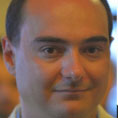
Alex Miras is Professor of Endocrinology at Ulster University. His clinical and research work focus solely on obesity and type 2 diabetes. He has contributed to clinical management policy and research in the field of obesity over the last 14 years. The specialist interests of his research group are the mechanisms of action of interventions for obesity, focusing on pharmacotherapy, medical devices, and obesity surgery. Professor Miras is a member of the National Institute for Health and Care Excellence (NICE) obesity management guidelines committee, trustee of the Association for the Study of Obesity and Chair of the research subcommittee of the National Bariatric Surgery Registry. He is associate editor for the journals Obesity and Surgery for Obesity and Related Diseases (SOARD).
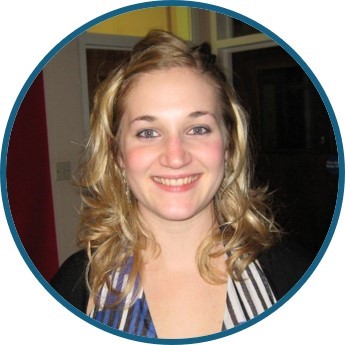
Eveleigh Nicholson has been a Consultant in Diabetes and Endocrinology in Portsmouth since 2016. She has a specialist interest in obesity and bariatric medicine, working within the Portsmouth City tier 3 programme and in one of the largest surgical bariatric centres in Queen Alexandra Hospital as the specialist physician.
Additionally, Dr Nicholson is Director of Undergraduate Medical Education at Portsmouth Hospitals NHS Trust and Co-Director of the Southern Diabetes Medical Services Llp.

Roy Taylor qualified in medicine at the University of Edinburgh, and is Professor of Medicine at Newcastle University. He founded the Newcastle Magnetic Resonance Centre in 2006 to develop innovative research techniques. Using these methods, he showed that his 2008 Twin Cycle Hypothesis could be proven in clinical practice. Type 2 diabetes was shown to be a simple, reversible condition of excess fat within the liver and pancreas. Subsequently, he has extended these observations on the cause of type 2 diabetes and how remission can be achieved. This has led to practical application in the National Health Service with the national ‘NHS Type 2 Diabetes Path to Remission’ programme, which is now successfully in place.
Between 1986 and 2000, Professor Taylor developed the system now used throughout the United Kingdom for screening for diabetic eye disease, aiding the major reduction in blindness due to diabetes across the UK.
He has published books in lay language explaining type 2 diabetes (e.g., ‘Life Without Diabetes’) plus training books on retinal screening. He has been invited to deliver named lectures, including the 2012 Banting Lecture of Diabetes UK and the 2024 Claude Bernard Lecture of the European Association for the Study of Diabetes (EASD). He received the 2023 Robert Turner Award for Research Impact. Professor Taylor was made MBE in the King’s 2023 New Year Honours list.
This promotional on-demand resource centre has been developed, organised and funded by Lilly in conjunction with the Abracadabra Programme Planning Committee. Lilly Products will be discussed in these videos, and prescribing information is available below. Lilly is a registered trademark of Eli Lilly and Company. © 2025 Eli Lilly and Company. All rights reserved.
These videos are broadcast in association with Diabetes on the net, the Journal of Diabetes Nursing, Pharmacy Notebook and Practice Nurse. The media partners have had no input into the content of this activity.
Adverse events and product complaints should be reported. Reporting forms and information can be found at https://yellowcard.mhra.gov.uk/ or search for MHRA Yellow Card in the Google Play or Apple App Store. Adverse events and product complaints should also be reported to Lilly: please call Lilly on 01256 315 000.
PP-LD-GB-2911 | June 2025
Copyright 2025 Oxbridge Solutions Limited®, a subsidiary of OmniaMed Communications Limited. All rights reserved. Any distribution or duplication of the information contained herein is strictly prohibited. Oxbridge Solutions receives funding from advertising but maintains editorial independence.
To continue, please confirm that you are a UK healthcare professional by clicking one of the buttons below.